There’s no denying it, 2018 was a tough year for human rights.
An upsurge of fascist and right-wing populist political parties threatened hard-won rights in Brazil, the US, and many other countries around the world.
These political trends have (inaccurately) portrayed fascist, neoliberal and other oppressive models as inescapable. Some have spoken about this as political or ‘compassion’ fatigue, a shift toward a grim dystopian future.
We want to acknowledge just a few of the collective actions and victories of movements that changed their circumstances and inspired us to change the world in 2018. These have demonstrated that feminist narratives are not a utopia, but a reality.
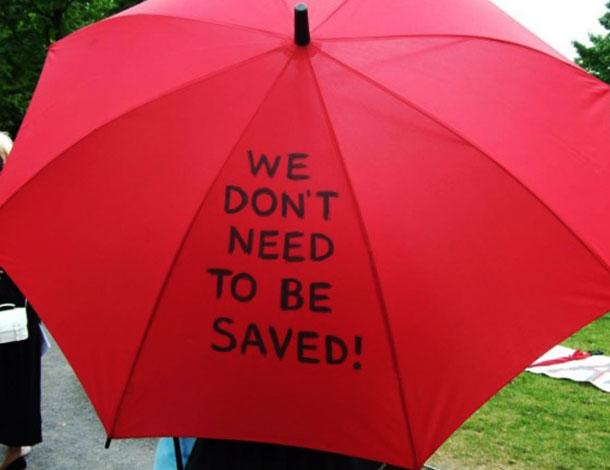
Newer, Better Funding for Feminist Movements
First things first, feminist activism wouldn’t be feasible without the resources of activists--emotional, intellectual, and material. To provide the latter, movements around the world have been demanding and creating the resources they need to create long-term change.
For instance, this year, we have seen many social movements generate resources through autonomous channels. These include Kurdish women in Syria and activists from Poland and Argentina. Through powerful collective action, they fuelled mass mobilizations by organizing their own financial, time, or knowledge-based resources.
In bilateral and multilateral spaces, we have seen movements successfully advocate for funding and processes that impact women’s rights. Some highlights include a new $300 million Equality Funding Initiative from the Government of Canada as well as large-scale grants to feminist funds, including Astraea, African Women Development Fund, and the Ukrainian Women’s Fund.
In addition, the Spotlight Initiative’s 500-million-euro investment to end violence against women, incorporated a number of key recommendations from AWID and its partners, and feminist activists around the world are pushing for meaningful involvement at every level of the Initiative.
Ireland Overturns Abortion Ban
In May, Ireland took a huge step toward shaking off the Catholic Church’s hold on reproductive rights. The country voted in a referendum to repeal the 8th amendment of the Constitution which gives equal right to the life of the foetus as to the person who carries it. As it stands right now, abortion is allowed only when a woman's life is at risk, but not in cases of rape, incest or fatal fetal complications.
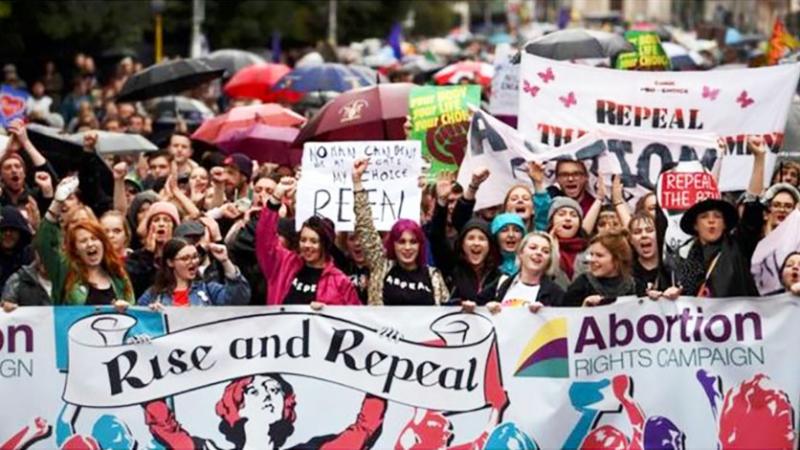
While writing this piece, Senators will begin to debate the details of the 'Regulation of Termination of Pregnancy Bill.' The Irish government has hopes to have it before Christmas, allowing abortion services to be legalized by January 1st.
Update: on December 14th, the Parliament approved the law project, which means that abortion will become legal in Ireland.
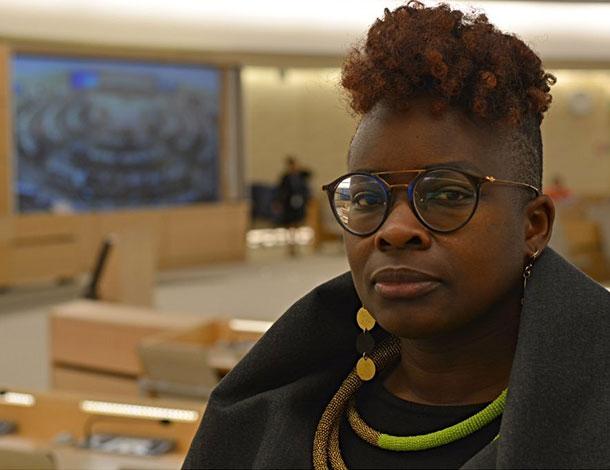
Feminist norms gained ground at the UN
Feminists also fought and won important victories within the United Nations system this year. In July, feminists successfully lobbied for the inclusion of ground-breaking language on structural discrimination, sexual rights, and states’ obligations in a number of resolutions. Also, several countries passed a landmark resolution on maternal mortality and morbidity in September.
UN experts also stepped up to denounce the backlash against women’s rights caused by fundamentalisms and nationalism. Case in point: The Working Group on Discrimination Against Women and the Special Rapporteur in the field of Cultural Rights spoke out on this issue, and a group of experts came together to voice support for WHRDs.
In October negotiations on a legally-binding treaty on transnational corporations and human rights, women’s rights were finally on the agenda. It acknowledged the gender-specific impacts of corporate abuses.
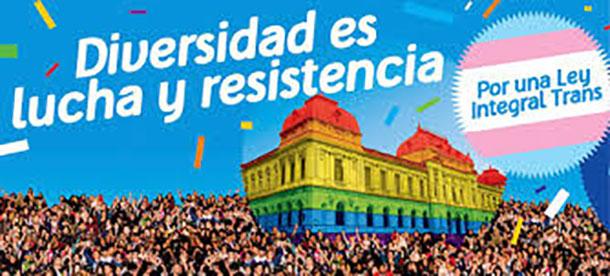
Uruguay passed one of the most progressive bills granting rights to trans people
On October 19, Uruguay´s legislators have passed the "Comprehensive Law for Trans People" (Ley Integral para Personas Trans). The bill proposes the creation of specific public policies aiming to reduce the permanent and systemic discrimination trans people have to face in their daily lives. The measures intend to integrate trans people into all areas they have historically been excluded: health, educational, labor, cultural, economic, etc.
Some of those measures are: right to get a gender-affirming surgery, that the Uruguay state will pay along with the hormones treatments. Related with labor: 1% of government's jobs quota will be covered by trans people who meet the requirements to access them. Also, 2% of the Scholarships will be reserved for the trans population.
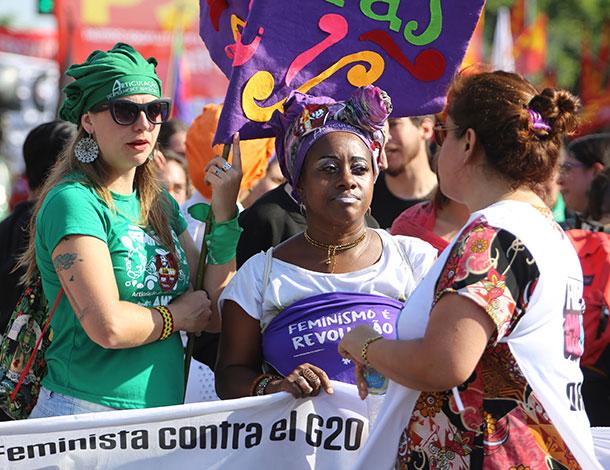
Feminist Resistance to the G20 in Argentina
Feminist mobilization against the G20 in Buenos Aires, Argentina, was a powerful moment of resistance to destructive neoliberal agendas promoted by the world’s richest governments, international financial institutions, and transnational corporations. In the Feminist Economics School, participants from across the world came together to reclaim knowledge in the interest of social and gender justice. In popular tribunals organized by the Forum, indigenous, Black and migrant women gave public testimonies on the patriarchal and racist crimes systematically committed by states and financial institutions.
In a time when women’s empowerment is co-opted by capitalist and corporate agendas, we have witnessed a manifestation of feminism grounded in grassroots struggles against patriarchy, white supremacy and neo-colonialism. We have witnessed a construct of feminist reality of teaching and learning, seeking justice and receiving recognition, listening and practicing solidarity, and of course - singing, dancing and taking the streets.
2224x1253.jpg)